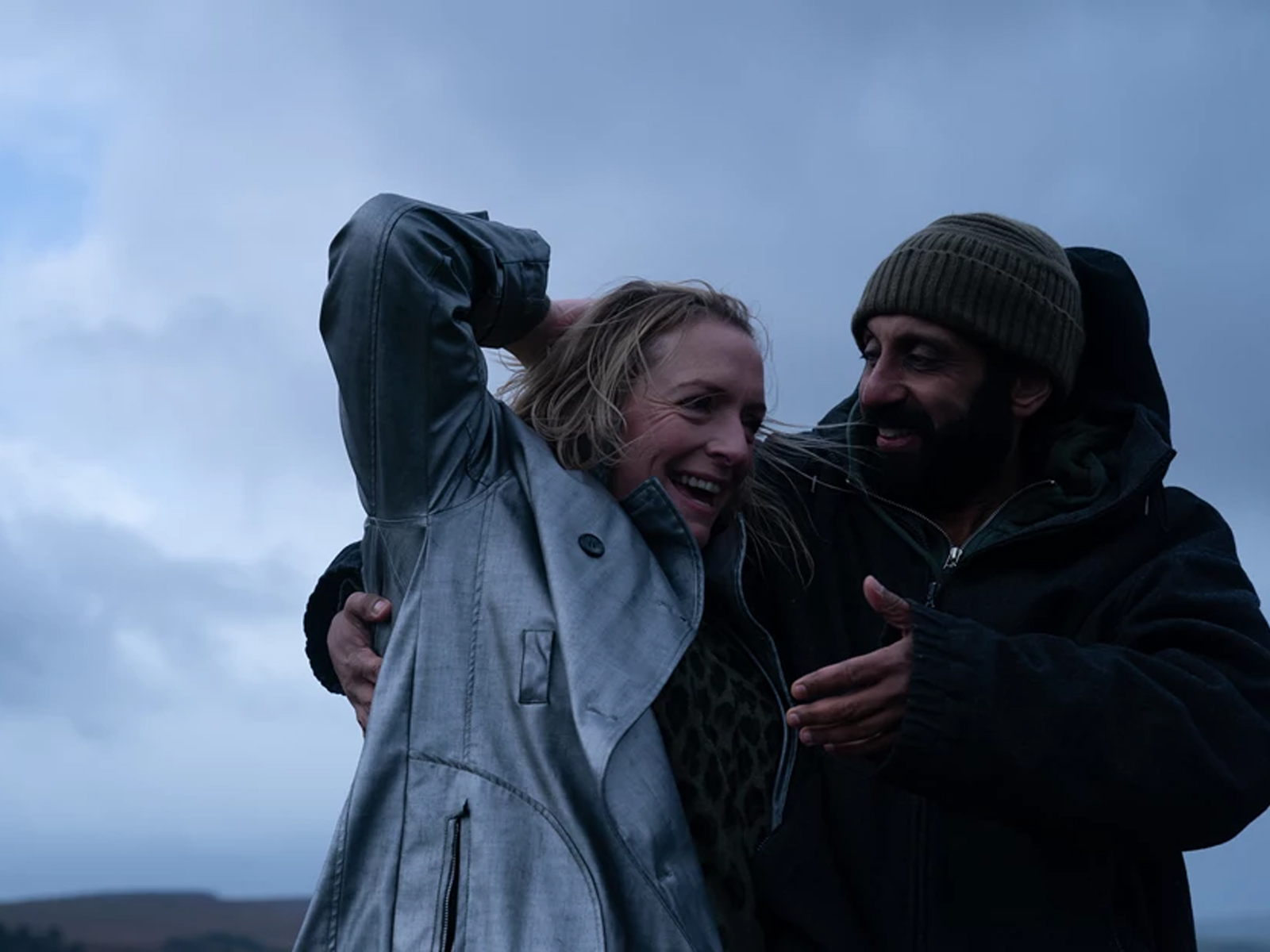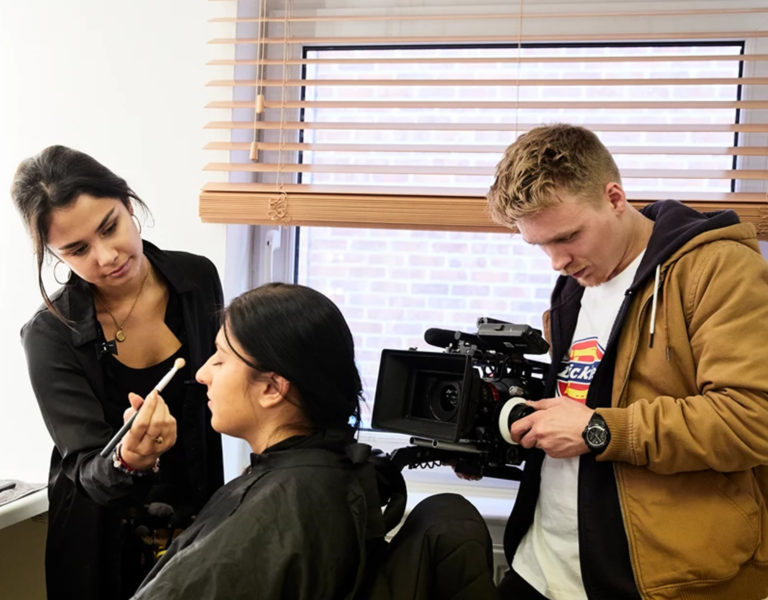Industry backs training by paying record figures into ScreenSkills’ Film and Animation fund
May 12, 2022

Films shooting in the UK over the last 12 months contributed record contributions of £1.4 million to the ScreenSkills Film Skills Fund in a strong bounce back from the pandemic.
A total of 66 productions paid in £1,436,701.94 for the year to the end of March. The previous record was £1,081,352 in 2019/20 with a slump to £474,000 in 2020/21 when production was hit by lockdown.
Productions irrespective of size are encouraged to contribute 0.5% of UK production spend up to a cap which was £61,000 for 2021/22.
Contributors included Wonka, Downton Abbey: A New Era, Dungeons & Dragons, drag queen documentary Maisie, Persuasion, the new Jane Austen adaptation starring Dakota Johnson, The Lost King, starring and co-written by Steve Coogan, George Clooney’s Boys in the Boat and the murder mystery See How they Run.
A short film, True Colours, made in Northern Ireland, was the smallest contributor at £12.50 after writer-director Aron Holden and producer Lisa Service decided it was important to play their part. “We thought if we could help donate even a small amount then it would be paying it forward for the next person,” she said.
The Animation Skills Fund, which was re-launched in 2019 after a period of inactivity, also recorded a best-ever total of £187,030 contributions from productions. The cap for animation contributions was £44,500.
Councils and working groups for both funds are now meeting to confirm training priorities to meet pressing demand and address skills needs across the sector. The skills funds are invested alongside National Lottery funds from the BFI under its Future Film Skills strategy, which ends this year.
Gareth Ellis-Unwin, ScreenSkills’ head of film and animation, said: “I want to offer a personal note of thanks to everyone who plans the ScreenSkills Skills Funds contribution into their budgets because we know that costs have been rising and every budget line is scrutinised. The funding is vital in enabling us to help find, develop and retain the workforce who are the lifeblood of our amazing industry – for studio production as well as independent film.
“But money is only one part of the equation and we are also really grateful to those productions who offer training opportunities. Whatever stage you are at in your career, there is no better way of cementing skills than by using them, so placements are invaluable.
“It is mission critical for the creative and commercial success of filmmaking in the UK that there is sustained investment in the freelancers who are at the heart of it. You can’t make great films without investing in the people.”
Anita Overland, whose producing credits include Small Axe, The Iron Lady and The Beautiful Game and is the chair of the Film Skills Fund, said: “I know from my own experience just how hard it is crewing up when there is so much production underway. But we should be using the boom to make sure that we are finding and developing a greater diversity of new talent and to support the existing workforce to progress – because it is at the mid- to senior-level that the problems are most acute. I ask all my industry colleagues to help build a bigger and better skilled labour pool by contributing to the Film Skills Fund.”
Tom Box, co-founder of Blue Zoo Animation and chair of the Animation Skills Fund, said: “The UK animation industry has gone from strength to strength in the last few years, but this is at risk if the skills pipeline can’t keep up with demand. So it’s fantastic to see so many companies investing in talent through the Animation Skills Fund, so our buoyant industry can retain its cherished reputation. There’s still so much more work to be done, so we encourage everyone to pay in so that we can nurture even more amazing animation talent.”
Among training supported by Film Skills Fund contributions last year were the transfer programme for people experienced in working with Black hair and make-up for people of colour, hiring and managing a team, deaf awareness and virtual production training.
The fund also supports Film Trainee Finder, the paid placement programme for new entrants. Contributing productions receive a subsidy to support the placements in a range of skills shortage job roles. More than 1,500 individuals were supported with training or career development with support from the fund.
Training supported by the Animation Skills Fund last year included Toon Boom rigging, leadership and management essentials, writing for children’s animation and becoming an animation production manager as well as the launch of Animation Trainee Finder. More than 350 people underwent training.
The fund also supports the Young Animator of the Year (YAY) initiative for 11- to 18-year-olds through which 104 young animators took part in tutorials, after-school club, summer studio and portfolio reviews with in excess of 400 signed up to the YAY website.


















